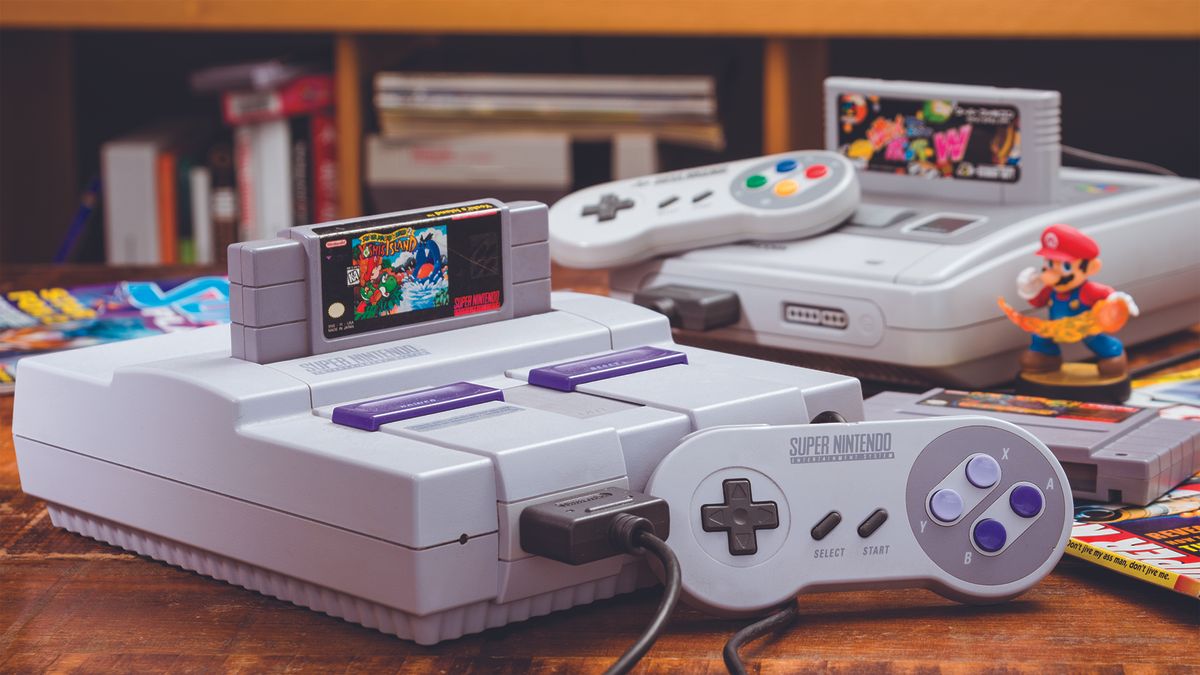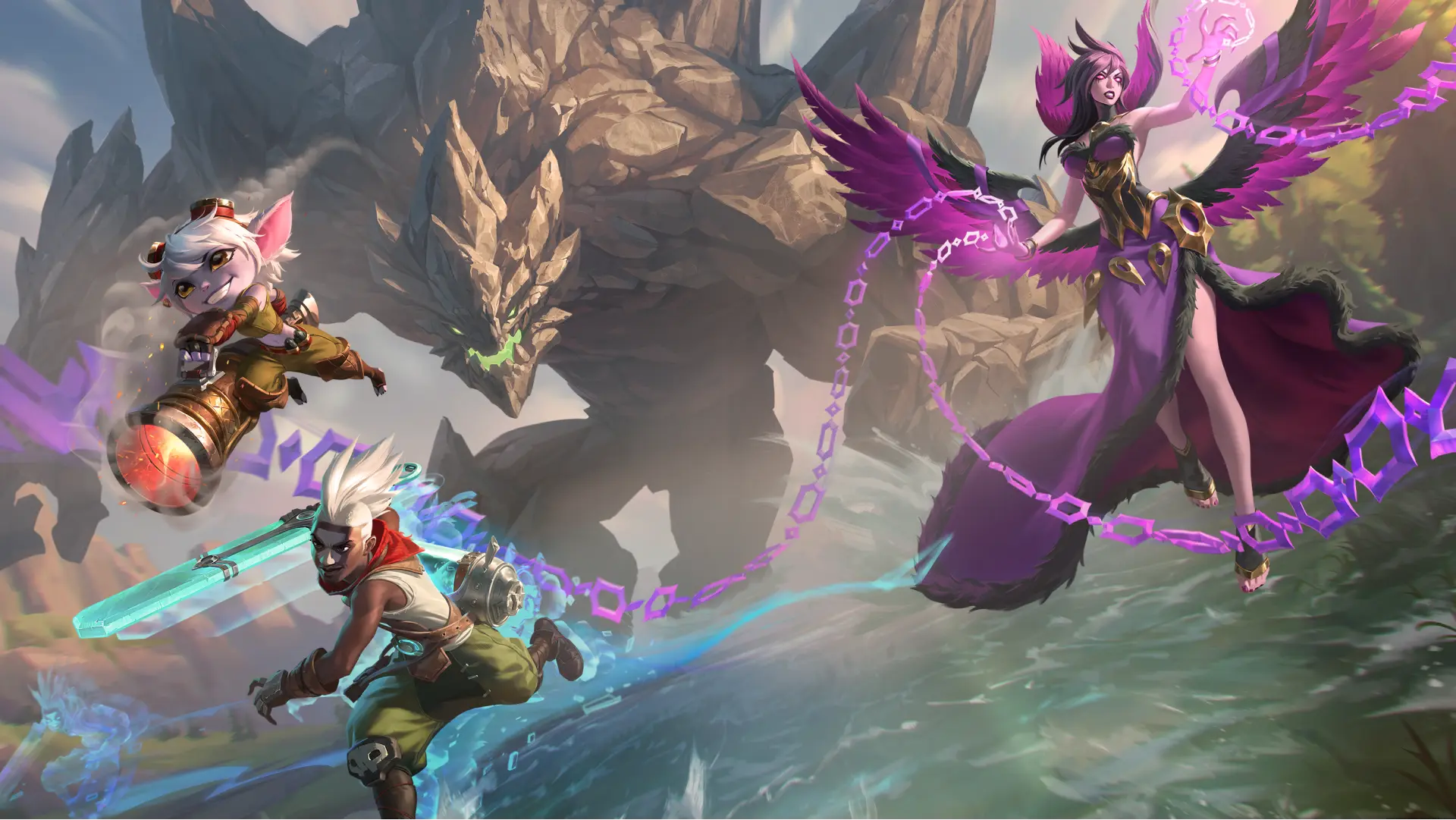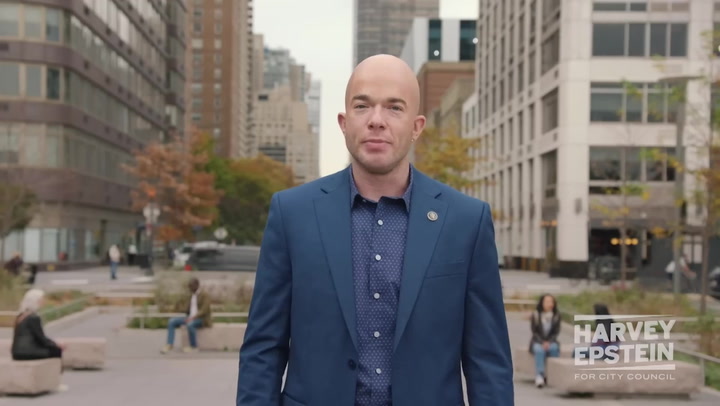
Implications of the Recent Copyright Office Decision
The recent decision by the US Copyright Office to reject a new exemption for the Digital Millennium Copyright Act (DMCA) has sent waves of disappointment through the video game preservation community. This ruling prevents libraries and archives from offering verified researchers remote digital access to out-of-market video games.
The proposed amendment, which gained significant traction thanks to the advocacy of the Software Preservation Network (SPN), aimed to address the critical issue of access to video games that no longer have physical support available. Without digital access, many researchers face considerable barriers in conducting their studies effectively, particularly those who do not reside near institutions that hold the necessary games.
What Led to the DMCA Decision?
The DMCA has long been a contentious piece of legislation, particularly pertaining to copyright limits on digital works. The SPN articulated how the lack of digital availability hampers scholarly work in the field of video game studies. Conversely, the Entertainment Software Association (ESA) voiced strong opposition to the proposed amendments, claiming that it could jeopardize their revenues from retro games.
ESA representatives indicated that any adjustments to the DMCA that would facilitate remote access are unwelcome, asserting that such actions could lead to reduced profitability from their catalog of older titles. Critically, one lawyer representing the ESA noted that there would be no combination of limitations acceptable to the organization that would permit remote access.
The Resulting Effects on Game Preservation Efforts
In siding with the ESA, the Copyright Office suggested that claims made by the SPN regarding noninfringement of digital work were unsubstantiated. However, this issue does not signify the end of the fight for video game preservation. In three years, there will be another opportunity to readdress these violations of access; thus, advocacy efforts must continue robustly.
Moving Forward: The Path to Better Access
Despite the setback, organizations such as The Video Game History Foundation (VGHF) remain steadfast in their efforts to promote access to video game history and culture. Assured that the battle is not over, they have called for more extensive dialogue within the industry and with gaming organizations about the imperative of preserving video game history.
VGHF reported alarming statistics indicating that a mere 13% of classic video games published in the US are currently available for public access. A staggering 87% remain unavailable, highlighting a gross underrepresentation of game culture in academic and gaming communities.
Strategies for Advocacy and Change
VGHF's leadership emphasized that the gaming industry must recognize the importance of libraries and archives in preserving video game history. They encouraged industry members to advocate for legislative changes supporting research bodies, thereby fostering a culture of preservation that also benefits future game developers and historians.
In their pursuit of legislative change, preservation advocates are now focusing on how to better articulate the purpose of game preservation under copyright law. Strategies may include clarifying language around exemptions for single-user restrictions and advocating for a comprehensive understanding of the importance of access by extended research communities.
Community Support and Involvement
To foster change, engagement from the gaming community at large is pivotal. Enthusiastic gamers and historians are encouraged to connect with preservation efforts and support advocacy groups. Spreading awareness about the importance of game preservation and research exemptions will be essential to mobilizing community support.
Dialogue with developers and other stakeholders is critical in creating a unified front to advocate for change and ensure that the legal landscape supports rather than stifles creative exploration in gaming.
The battle for improved access to video games for research is ongoing, and it requires a collective effort to ensure that future generations can learn from the past in this dynamic and ever-evolving field.




.webp)

